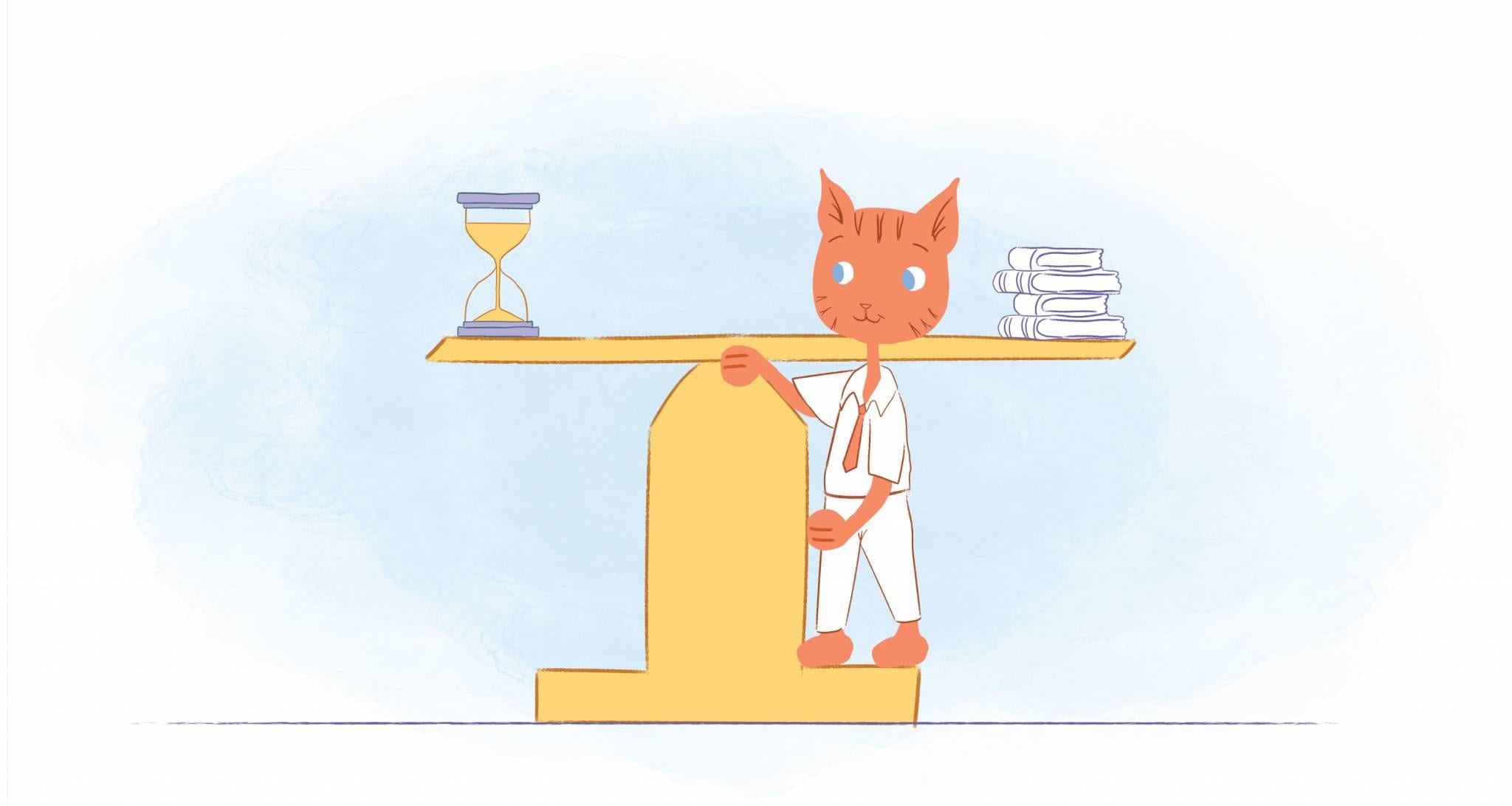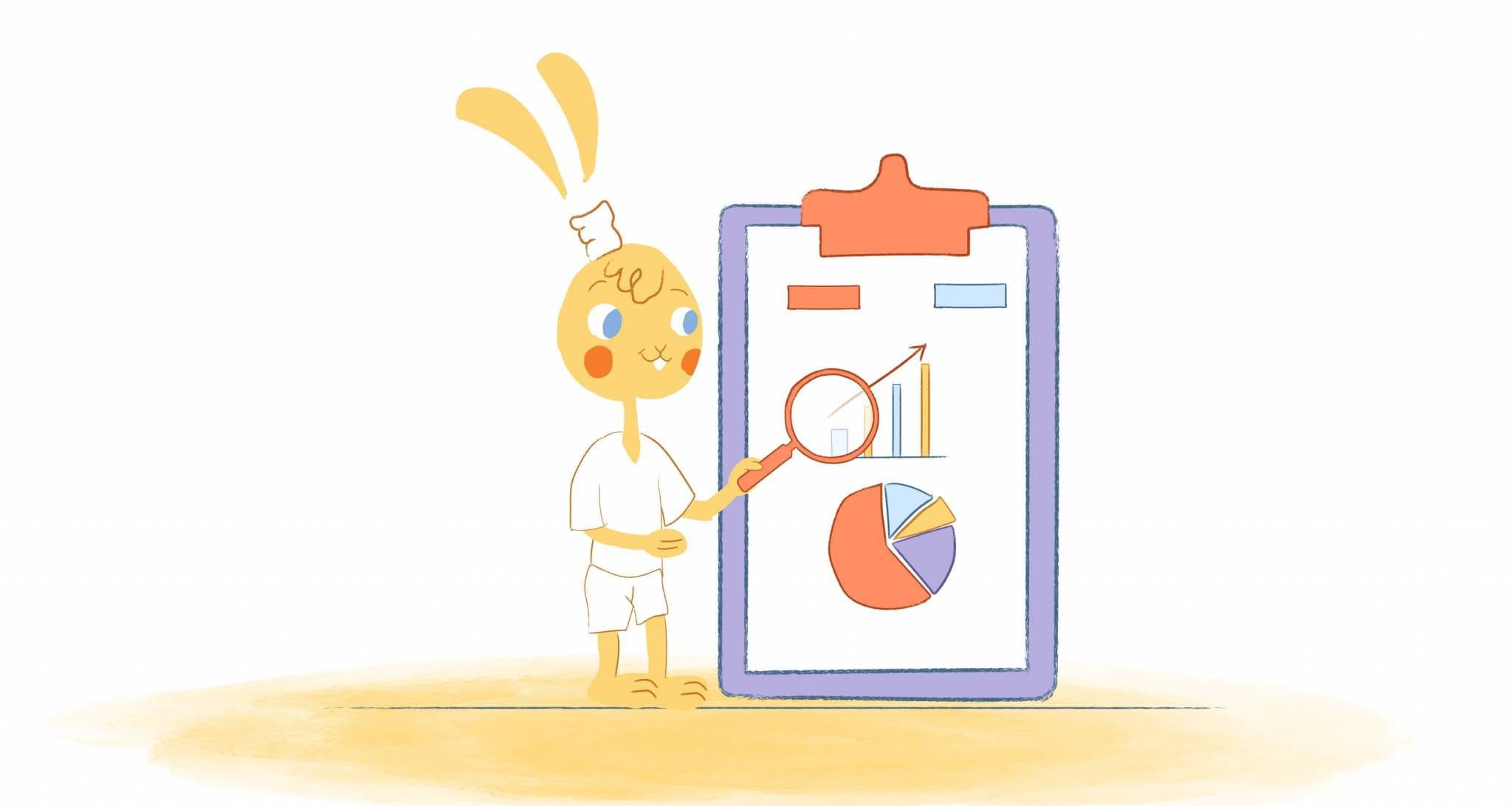

So, you’ve tried what seems like every productivity suggestion and rule on Earth. And, guess what? You don’t feel any more productive than before. Don’t beat yourself up too badly. Just because one technique works for someone else doesn’t mean that it will for you. Additionally, most productivity strategies don’t take into account common issues like overcoming procrastination.
Do you feel like that you’re in this situation? If so, it’s time to rethink your approach to productivity and give the following a shot.
Kickstarting your day with coffee.
The one and only David Lynch once said, “Even a bad cup of coffee is better than no coffee at all.” And, I couldn’t agree more. Besides the taste, which I do enjoy, it gives me an energy boost to be productive throughout the day.
In fact, coffee has been proven to affect productivity by improving mental alertness and performance. It can also enhance your willpower and even increase your willpower. Unfortunately, you’re drinking it at the wrong time.
A study from the Geisel School of Medicine at Dartmouth found that enjoying a cup of Joe first thing in the morning is actually a bad idea. The reason? It interferes with the time when cortisol, the stress hormone, is peaking in your body. As a result, this can raise your stress levels. Instead, it’s suggested that drink coffee between 10 am and noon or 2 pm and 5 pm when cortisol levels are lower.
Stop relying on to-do-lists.
I don’t have any personal resentment with to-do-lists. There are times when they can come in handy. Case in point, you’re in the middle of something when you remember that you have to grab dinner on the way home. To get this thought of your head, you would jot down.
Additionally, to-do-lists can provide structure and ease anxiety. And, it feels pretty awesome to cross items off.
At the same time, you shouldn’t rely too heavily on them. Lists have a tendency to become so lengthy that you become overwhelmed with everything you need to do. Because they’re not prioritized, you end up working in the wrong things at the wrong time.
Instead, go a different route with a done list.
To be honest, this isn’t a groundbreaking idea. Marc Andreessen, the co-founder of Netscape, dubbed this the “Anti To-Do List.” Google introduced “Snippets,” which was later used by Buzzfeed, Foursquare, and Shopify. Whatever you want to call, the idea is the same. Create done lists so that you can see what you’ve accomplished. In turn, this releases endorphins and gives you the momentum to keep forging forward.
As Gary Keller perfect explained in his book The One Thing:
“Long hours spent checking off a to-do list and ending the day with a full trash can and a clean desk are not virtuous and have nothing to do with success. Instead of a to-do list, you need a success list — a list that is purposefully created around extraordinary results.”
And, if that weren’t enough done lists can help you form healthy habits, improve your memory, and identify what you’re grateful for.
Take the 1-3-5 rule more seriously.
Even though there are flaws with to-do-lists, you still need them. The key is to narrow it down so that it’s manageable enough that you’ll complete every item on-time. And, the best way to do this? Follow the 1-3-5 rule.
The concept is easy. Every night write down one big mission, three medium tasks, and five small things that need to get accomplished tomorrow. Next, add them to your calendar so that you know exactly what you’re working on and when.
Here’s another cool thing about this rule. You can leave a couple of the medium or small task slots open so if something pops-up you can address it without interfering with your productivity flow.
Distinguish between type 1 and 2 decisions.
In a 1997 letter to shareholders, Amazon’s Jeff Bezos wrote that there are two types of decisions. The first is “one-way doors” that deserve careful consideration. Because of there importance, you should take your time with them.
“[These] decisions must be made methodically, carefully, slowly, with great deliberation and consultation,” Bezos wrote. “If you walk through and don’t like what you see on the other side, you can’t get back to where you were before. We can call these Type 1 decisions.”
However, as Bezos continues, “most decisions aren’t like that – they are changeable, reversible – they’re two-way doors.”
He wrote: “If you’ve made a suboptimal Type 2 decision, you don’t have to live with the consequences for that long. You can reopen the door and go back through.”
Bezos said that these decisions “can and should be made quickly by high judgment individuals or small groups.” And, despite popular opinion, they can be reversed.
“As organizations get larger, there seems to be a tendency to use the heavy-weight Type 1 decision-making process on most decisions, including many Type 2 decisions. The end result of this is slowness, unthoughtful risk aversion, failure to experiment sufficiently, and consequently diminished invention. We’ll have to figure out how to fight that tendency.”
Make your deadlines more motivational.
I’m a big fan of working under deadlines. They keep me accountable, help me reach my goals, prevent wasting time, and get me to stop procrastinating. On the flipside, they can be stressful. Mainly, this is because we’re terrible at estimating time. As a result, we under-or-overestimate how long it takes to complete a task.
So, while self-imposed deadlines can be beneficial, they can also backfire. Thankfully, you can set deadlines that are more realistic and motivating, such as:
- Instead of setting one deadline for a project, have deadlines for every task.
- Find your perfect stress level depending on the task. Easier tasks have better results when stress levels are higher, while difficult tasks are performed best when the level of arousal is low or moderate.
- Set more urgent deadlines because longer deadlines encourage procrastination.
- Share your goals and progress with others. Research has found that this can increase your chances of meeting a goal by 65 percent! The reason? It creates more accountability.
- Use gamification. Fight back against boredom by turning tasks into a game with rewards and all.
Don’t always look on the bright side.
As with pretty much everything else in life, there are pros and cons to positivity. And, this is true when it comes to productivity.
While being happy can make you work harder, it has to be authentic. Forcing it can actually be dangerous. And, that’s exactly what “toxic positivity” is.
“The phrase ‘toxic positivity’ refers to the concept that keeping positive, and keeping positive only, is the right way to live your life,” explains Konstantin Lukin Ph.D. “It means only focusing on positive things and rejecting anything that may trigger negative emotions.”
That may not sound bad on the surface. But, suppressing or avoiding unpleasant emotions makes them even bigger and causes you to lose out on valuable information that you can use when facing potential threats or making decisions.
Furthermore, as Belle B. Cooper notes over at RescueTime, “research has shown too much positivity can lead people to be less motivated, pay less attention to detail, be more selfish, and indulge more in risky behaviors like binge drinking and overeating.” It’s also been found that when in a better mood, people are more gullible. And, this can also impact critical thinking skills.
Obviously, this doesn’t mean that you should reject happiness and positivity. Honestly, who wants to constantly feel like that? Instead, don’t force that frown upside. Acknowledge your feelings and process it so that you can learn and grow from it.
Be aware of the dark side of habits.
Generally, habits can keep us healthier, happier, and productive. But, there is a downside as well. Take habit streaks like Seinfeld’s “Don’t Break The Chain” approach. While it can be used as a way to motivate you, it can also cause you to miss opportunities and lead to burnout.
For example, let’s say that you get invited to a networking event that could help your business grow. You decline the invite though because if you attend if will break your streak. Or, what if you’re procrastinating so badly that breaking the chain is inevitable. That puts unnecessary stress on you because you’re not only forcing yourself to commit, you’ll also feel guilty if you fail.
Sometimes you need to shake things up. It’s a great way to open up to new experiences and possibilities. And, this flexibility will also spark creativity and innovation.











John Hall
John Hall is the co-founder of Calendar a scheduling and time management app. He’s also a keynote speaker that you can book at http://www.johnhallspeaking.com.